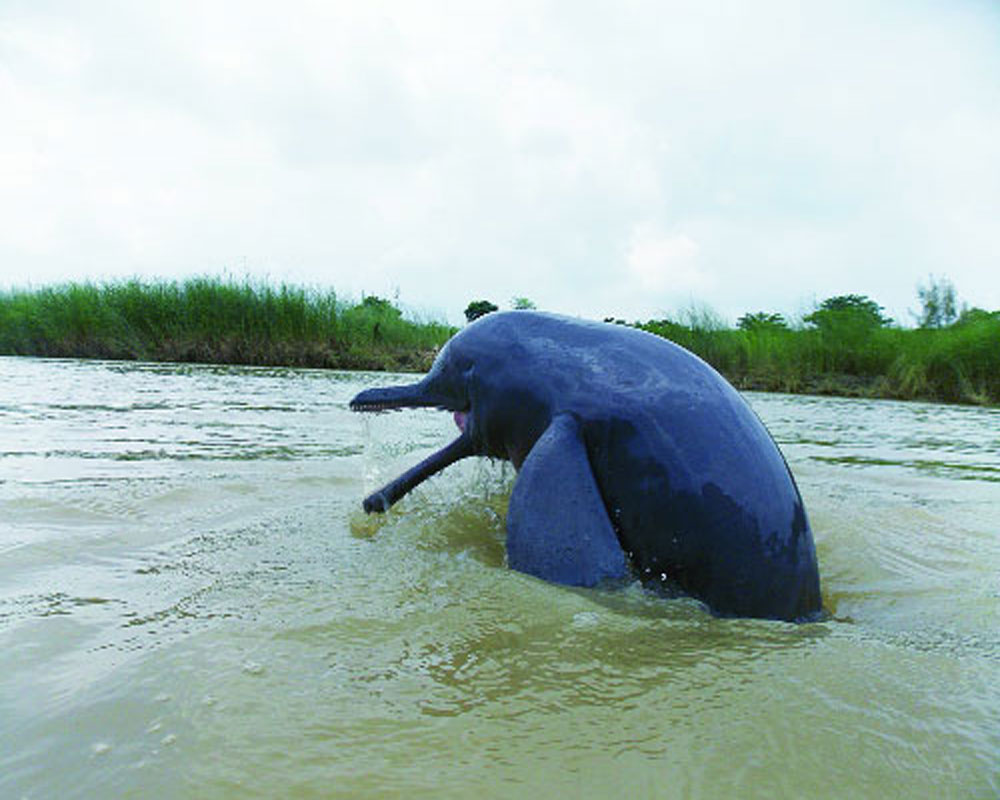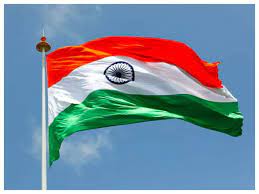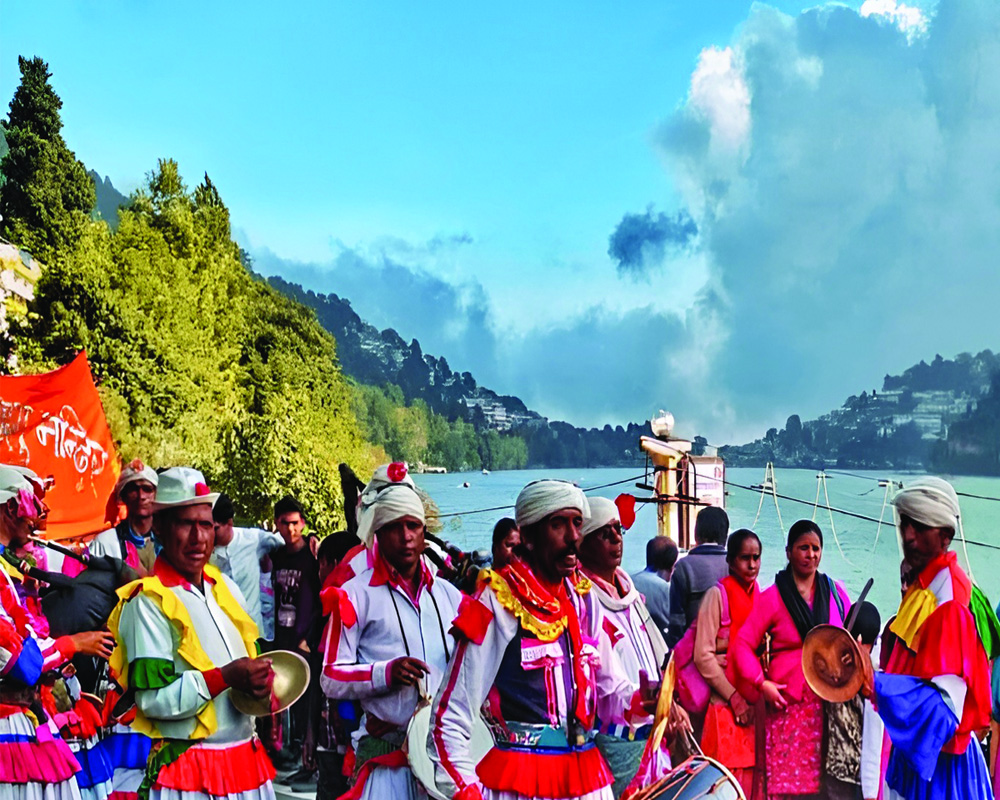A species checklist shows that fish, birds, amphibians and mammals have declined by 84 per cent since 1970
The Living Planet Report 2020 has set off warning bells about the state of the global environment, one that may impact our lives more severely than the pandemic. It seems that the price of our burgeoning population, unplanned and unthinking expansion, selfish consumerism, senseless overconsumption of natural resources and greed is being paid by different species that we are supposed to share the planet with. However, as compared to forest or marine species, it is the freshwater species that are at the highest risk because a gargantuan 85 per cent of the Earth’s wetlands are already lost. So fish, birds, amphibians and mammals have declined by a whopping 84 per cent globally since 1970, threatening one in three freshwater species with extinction. The Worldwide Fund for Nature (WWF) and the Zoological Society of London track the abundance of 20,811 populations representing 4,392 species based on a number of data sets available globally. But this edition has got to be their red alert finding. The report on India is pretty damning as the size of our wetlands has shrunk to 0.03 per cent of our total geographic area. Despite all the talk about protecting our water resources and raising awareness, nothing seems to have worked as the number of polluted river stretches went up to 351 in 2018 from 302 in 2016. As a result, there has been a decline in the population of endangered species such as the Gangetic dolphin.
Worryingly, there is a 94 per cent fall in the species survivability index in Latin America and the Caribbean, which, like us, are facing fragmentation by hydropower projects and abstraction of water. There has been a 45 per cent species decline in Asia and Australia. It is high time we begin taking our responsibility towards the environment seriously, if not for the sake of the creatures we are supposed to share it with but for our own selfish selves. Because we may force the hapless species that inhabit this Earth into a corner because of our careless actions but in the end we will have to pay with our lives too. Water, essential for life, will become scarcer if we continue to destroy our riverine systems, wetlands and oceans. As it is we have become a water-stressed world. As more species become extinct, we will face scarcity of food from animal sources and zoonotic diseases like the present Coronavirus and pandemics will become more frequent, killing millions of us each year while destroying the world economy. So it is up to us to decide if we want to continue on this path of self-destruction.








 OpinionExpress.In
OpinionExpress.In















Comments (0)